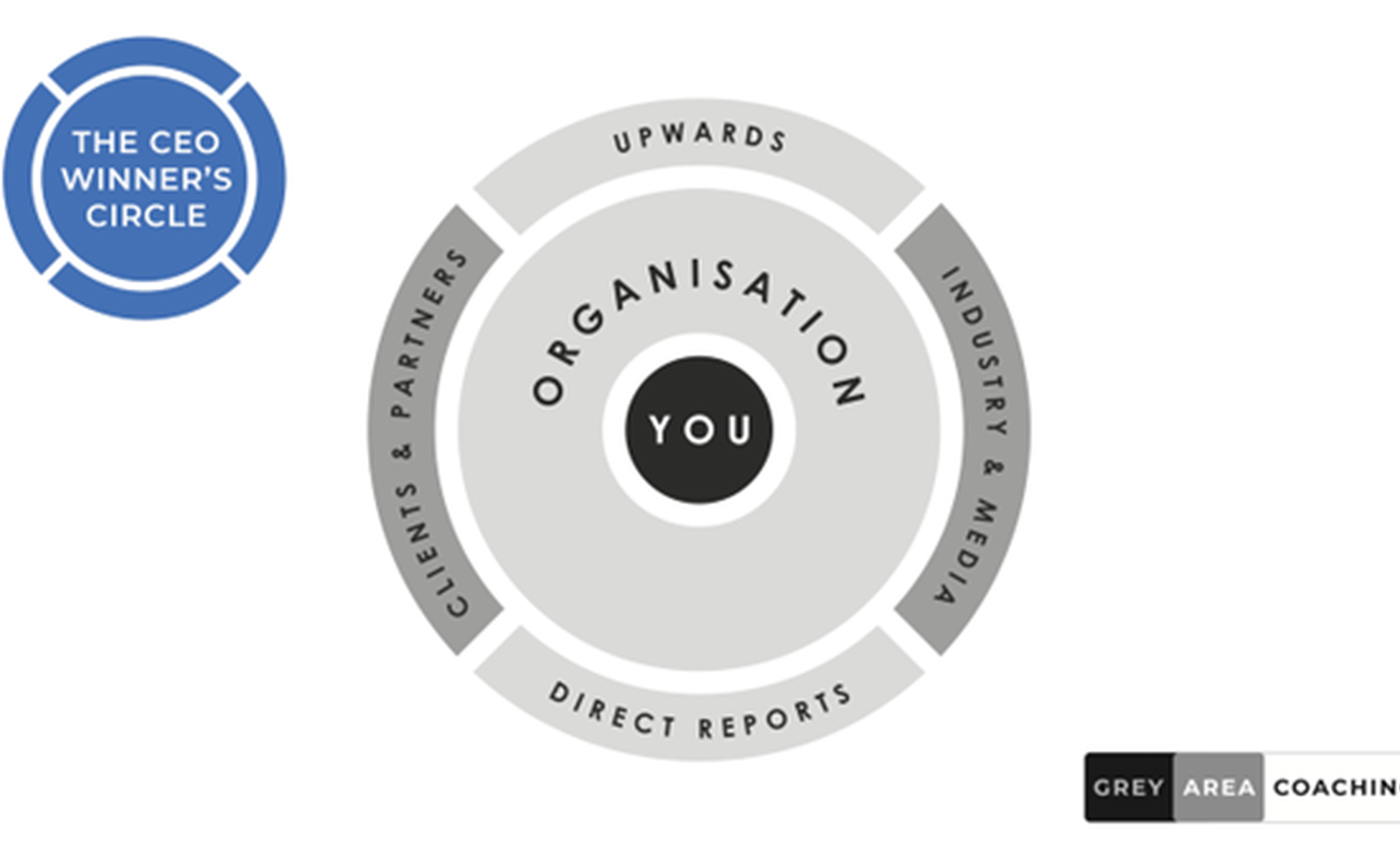McKinsey estimates that $1 Trillion of market value is lost every year from S&P’s top 1,500 companies in the US because of poorly planned transitions for CEOs and C-Suite appointments. This is a widespread problem that recruiters need to address as too much focus is on the selection process, with the announcement considered the end point.
Harvard Business Review says that four out of 10 new CEOs fail in the first 18 months. The companies, and the CEOs they bring in, need to prioritise and plan the transitions effectively to improve these poor odds and not waste both talent and cash. A key way to do this is providing compulsory coaching and mentoring.
The problems tend to arise from the CEOs’ inability to forge the key relationships that are necessary for their success. It’s lonely at the top and the successful candidates may believe that they are expected to have all the answers. They may also suffer from a degree of doubt about themselves so wear an armour of supreme confidence to not show ‘weakness’ to others in their organisation. As a result, their new colleagues think that they don’t need, or may not welcome, help or assistance; this can then prevent their team from speaking up when they can offer or need support themselves. A coach will help the CEO understand that asking for others’ opinions and help is a sign of strength and genuine confidence.
These critical relationships form the CEO Winner’s Circle. This includes relationships both within the company and also the key external contacts where relationships need to be built. Getting all these spot-on not only improves the financial results, but also boosts the CEO’s confidence and reinforces the organisation’s positive opinion of them. Respect from external clients, suppliers and across the wider industry and media then leads to potential partners queuing to do business with the company and attracting the best talent to join it. New people provide an opportunity to reinforce the CEO Winner’s Circle and cement a culture of proactive relationship building.
Where does coaching and mentoring fit into building these relationships?
Building relationships and navigating new interpersonal dynamics is not easy. Coaching and mentoring provides a safe and expert space for CEOs to air concerns, express feelings, get things off their chest, and to try out ideas and new thinking. It’s independent so it’s risk free, and it’s unconditional as the sole reason is to support the new CEO – at all times. This dedicated space is invaluable to a new CEO who might feel like their time and energy is more divided than ever.
The coaching skills themselves are important lessons for the modern CEO: how to actively listen, use powerful questions to get the best out of people, and ensure every staff member takes ownership for their outcomes and how they achieve them. Everyone’s opinion and input has to be valued and active listening is the first step. Mandatory coaching support for all CEOs, develops these skills and passing them on to their team builds the company culture.
One of the strengths of mentoring is when a short-cut is beneficial or prevents the wrong path being taken - CEOs are busy people. I also find it can unblock a frustrated CEO if they really can’t think of a new way to approach a problem. Silence is a proven prompter and the CEO will often fill that space with the most interesting ideas and options that are newly formed. However, there can be occasions when this just doesn’t cut it, and exasperation builds beyond the point of productivity. If this happens, I might say, “let me tell you something that happened to me that was not dissimilar…”. I then tell a somewhat relevant story and long before I’ve finished, the CEO will say something like, “Hang on, you just said something that sparked what I need to do.”
This probably has little to do with my story, but was unearthed because, having been immersed in their own problems just beforehand, they have now moved into ‘Problem Solving Mode’. The necessary connection between the two has been formed. We all know it is much easier to see the answers to other people’s problems than it is to see the solutions to our own. My method can flip the two in a way that resolves the impasse. It works far too regularly to be a coincidence and leads to many of those coaching and mentoring moments where magic appears to have been performed. Dedicated time with someone objective brings key breakthroughs, and all new CEOs should have access to this support.
It's crazy that 40% of new CEOs fail. Their experience, their talent – all the reasons why they headed what was no doubt a stellar shortlist of candidates – need to be nurtured and massaged into place to give the best chance of success. There’s also an insane cost associated with the initial recruitment, plus the replacement process, and the cost of any hiatus when the company is in limbo, as well as the reputational damage that may be associated.
It makes clear business sense to offer the CEO as much support as possible. Who doesn’t want to see the new CEO succeed, and the whole company along with them? This is a question worth the new CEO asking themselves every day.
I believe passionately that professional, independent coaching and mentoring should be compulsory for every first-time CEO. It’s a key sounding board for new ideas, cultivating innovative solutions, sharing interpersonal challenges, managing imposter syndrome and building those critical relationships.
It’s a relatively minor investment but has a major, long-term payback, both commercially and personally, that in turn shapes the next generation of leaders that the world needs.
Our immense thanks to David for sharing this extract from his new book Become a Successful First-Time CEO which is out now and is an Amazon #1 Bestseller.
